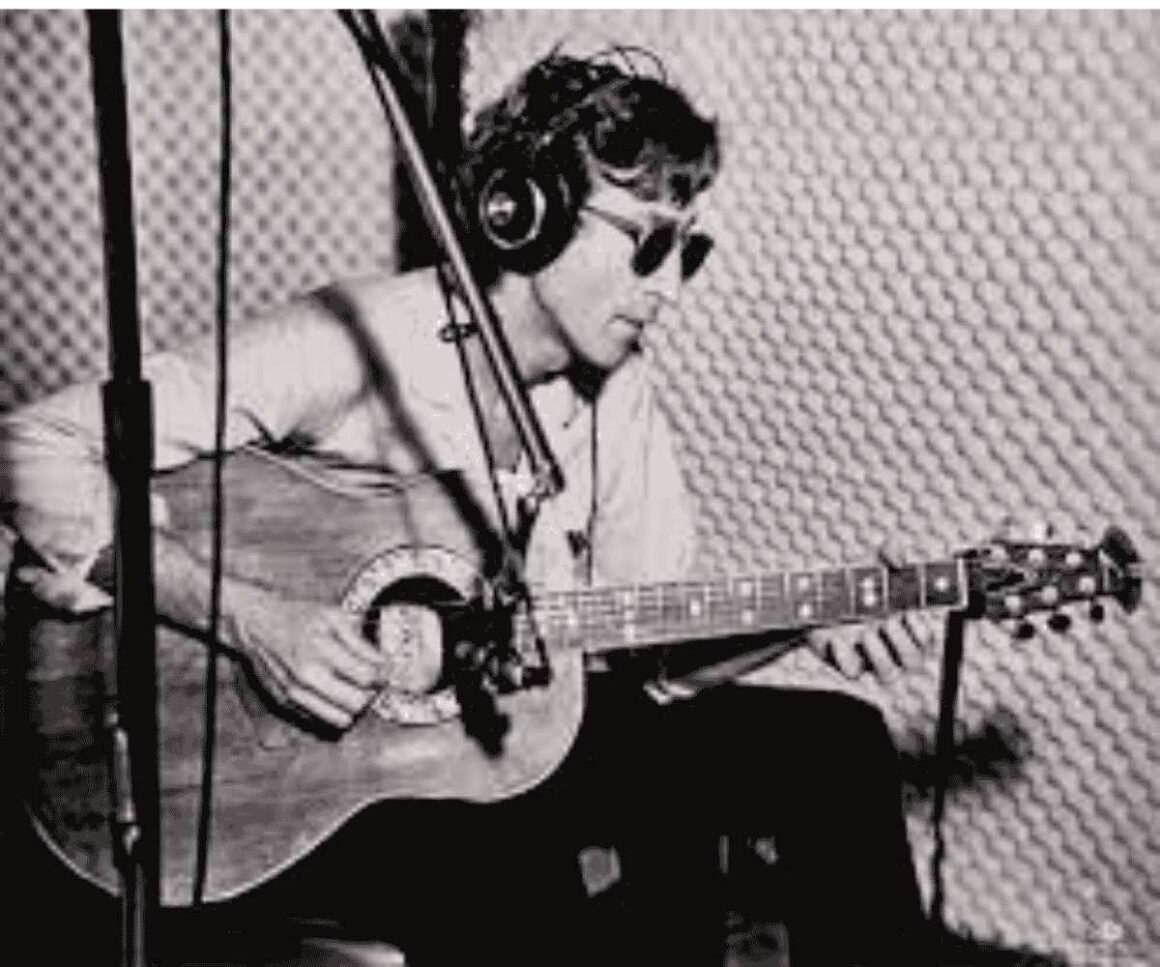Theft and plagiarism in music are hardly new phenomena. From Ed Sheeran’s infamous legal battle over his song “Thinking Out Loud”, which was alleged to have copied Marvin Gaye’s “Let’s Get It On”, to Radiohead’s admission that “Creep” borrowed heavily from Albert Hammond and Mike Hazlewood’s “The Air That I Breathe”, artists have long been embroiled in accusations of stealing from others.
The Beatles, particularly John Lennon, were no strangers to such controversies. Lennon’s own work has been copied many times, with Radiohead’s “Karma Police” drawing parallels to “Sexy Sadie”, and Oasis openly borrowing the iconic piano riff from “Imagine” for “Don’t Look Back in Anger”. However, it wasn’t always others stealing from Lennon. There’s one particular case where it seems Lennon might have done the stealing himself—at least according to Frank Zappa.
In 1971, Lennon, along with Yoko Ono, joined Zappa for an impromptu jam session where Zappa played his 1967 composition “King Kong”. The performance was recorded, and the two musicians struck a deal to use the tapes for their own respective projects. Zappa had no reason to believe anything would come of it—until Lennon released the track as “Jamrag” on his 1972 album Sometime in New York City. Lennon credited the song as his own original work, despite it being a direct lift from Zappa’s “King Kong”.
Zappa, understandably upset, pointed out that the song had a distinct melody and chord changes, making it clear that it wasn’t Lennon’s creation. While it’s possible that the incident stemmed from a misunderstanding—perhaps Lennon genuinely thought the jam could be considered a collaborative effort—the situation was made more complicated by Lennon’s past criticism of Zappa, whom he had disparaged as “a fuckin’ intellectual” in his Lennon Remembers interview.
Zappa later wryly summarized the situation, remarking, “Whoops…”. Whether it was a deliberate attempt by Lennon to provoke Zappa or simply an accidental oversight, the incident stands as a rare example of Lennon potentially crossing the line into plagiarism.







